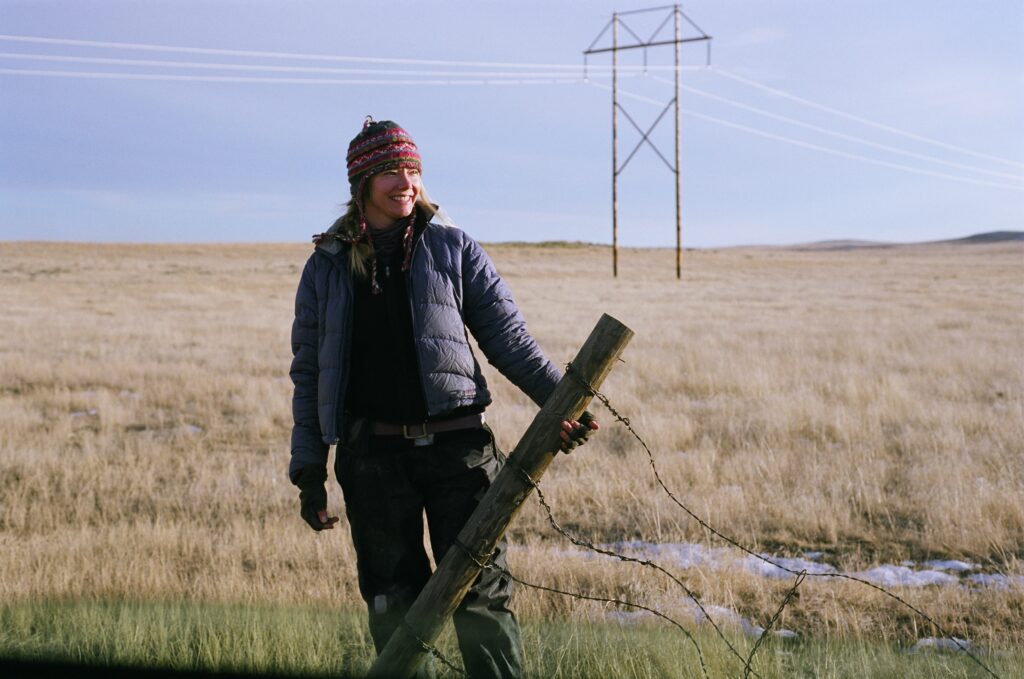
The first in a series of highlights for International Women and Girls in Science Day:
Restoration Ecologist Carla DeMasters, CERP, PWS, MA, MS
I am a restoration ecologist at WEST with a background in botany, plant ecology and restoration ecology. I would never have considered myself a “plant person” in the past. In fact, I’m pretty sure I had “plant blindness” before pursuing restoration ecology as a career. See Wandersee and Schussler (1999, 2001) for more on ‘plant blindness.’
“I started my restoration ecology career journey about 20 years ago as a field technician conducting vegetation monitoring for coal mines throughout the western US. It was not only me, though—the field teams on these projects were often comprised entirely of young women, all with a keen interest in plants, and willingness to get out of their comforts zones to learn. It was not glamorous work by any means, including extended trips to the middle of nowhere, long days in the field, very modest accommodations, and sometimes hazardous conditions. But it was a tremendous opportunity to build a solid background in botany, plant ecology and restoration ecology that I still pull from in my work today. I visited the same reclaimed sites year after year and experienced plant community succession firsthand with “boots on the ground.”
But what truly made this experience invaluable was having a great mentor to teach the plants, answer the questions and explain the ecology—in the field. Now that I am mid-career, I realize that being a mentee comes with a responsibility to also mentor others.
I want to share all this knowledge that was shared firsthand with me with others. And not in a book, but in the field. It is a personal mission of mine that no matter how far I progress in my career, to always strive to make time for field work, especially with early career staff. So, my advice to young women aspiring to pursue a career in botany or plant ecology or restoration ecology is to get out in the field as much as possible and to seek out jobs that provide mentorship and mentorship opportunities. And if you are further along in your career, take the time to invest in the next generation of scientists through mentoring.
References:
Wandersee, J. H., & Schussler, E. E. (1999). Preventing plant blindness. The American Biology Teacher, 61, 82–86.
Wandersee, J. H., & Schussler, E. E. (2001). Toward a theory of plant blindness. Plant Science Bulletin, 47, 2–8.
